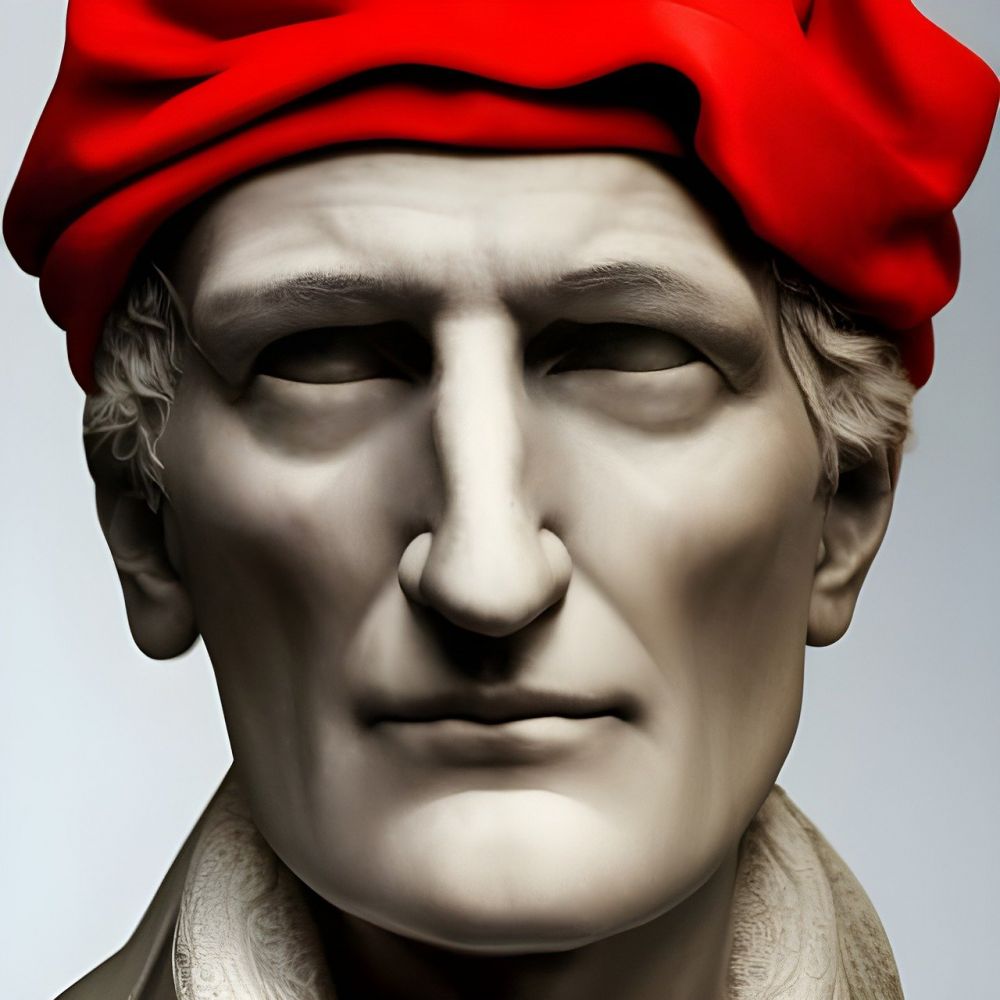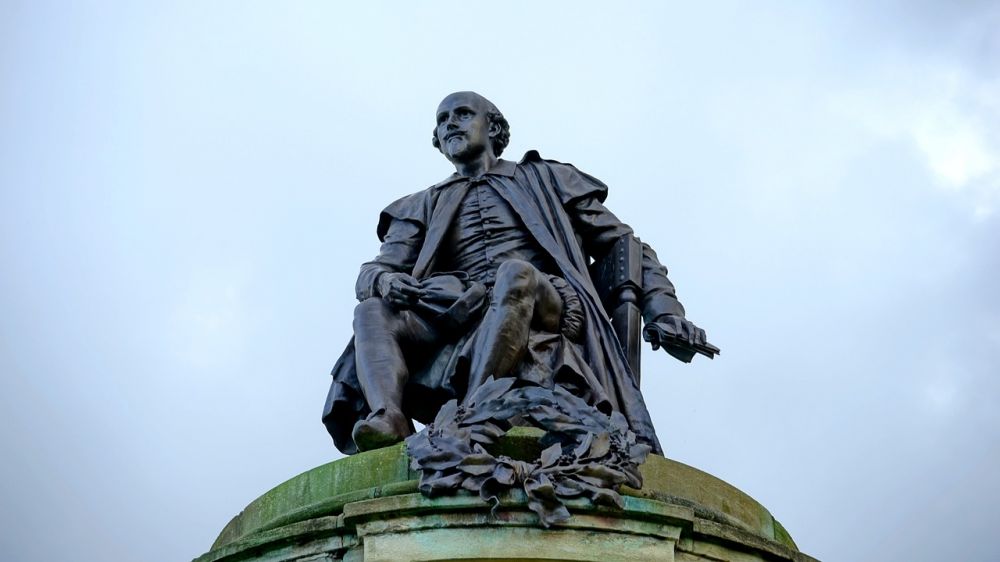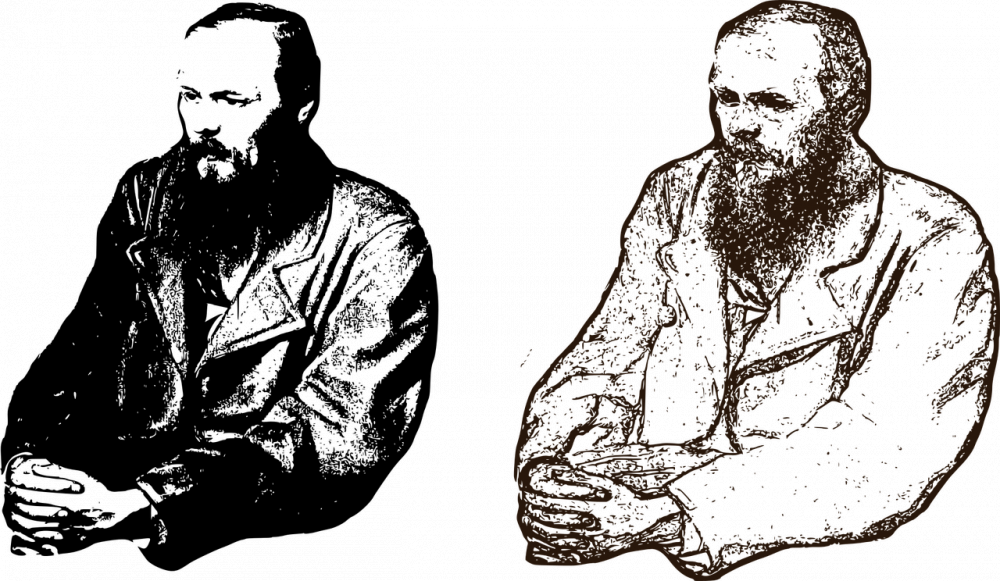Franz Kafka Books: A Deep Dive into the Works of a Literary Mastermind
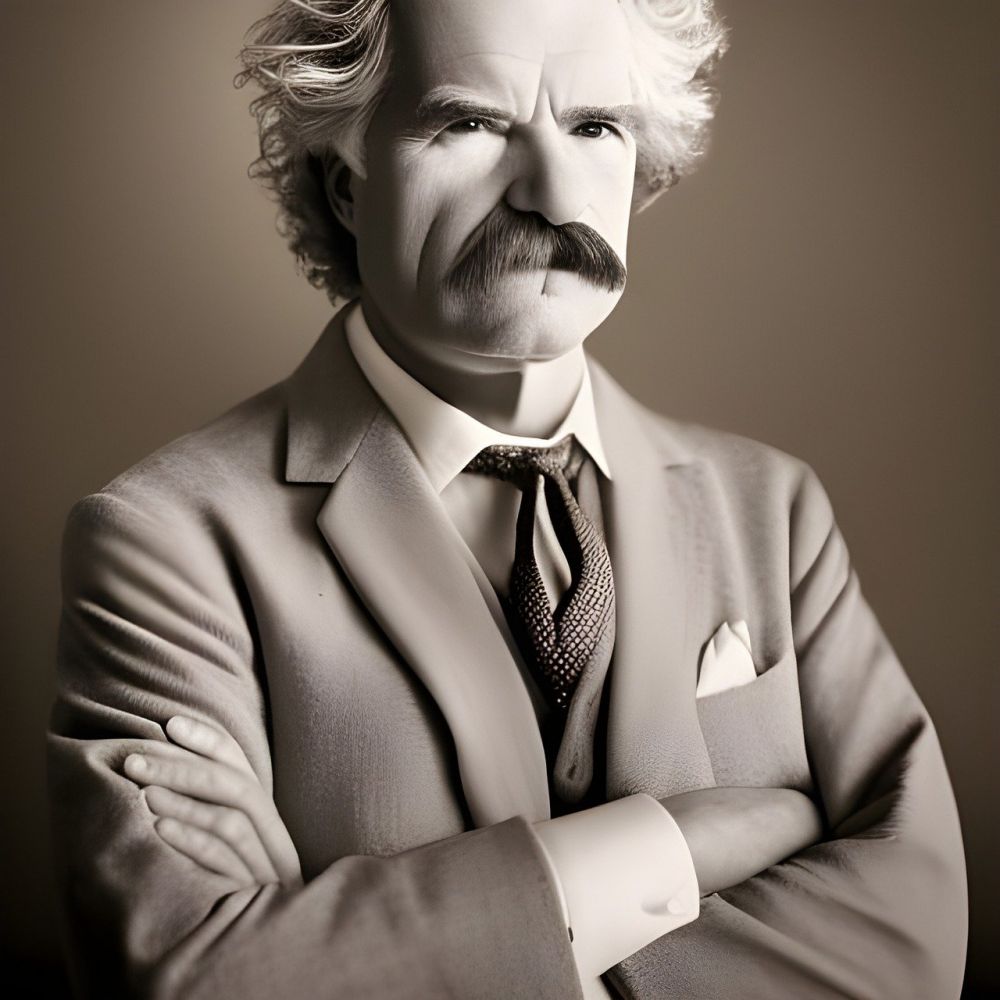
Introduction:
Franz Kafka, a name synonymous with surrealism and existentialism, is considered one of the greatest authors of the 20th century. His books have intrigued and captivated readers for decades, exploring the themes of alienation, bureaucracy, and the absurdity of human existence. In this article, we will delve into the world of Franz Kafka’s books, providing essential information for those interested in this intriguing subject.
I. Franz Kafka Books – An Overview:
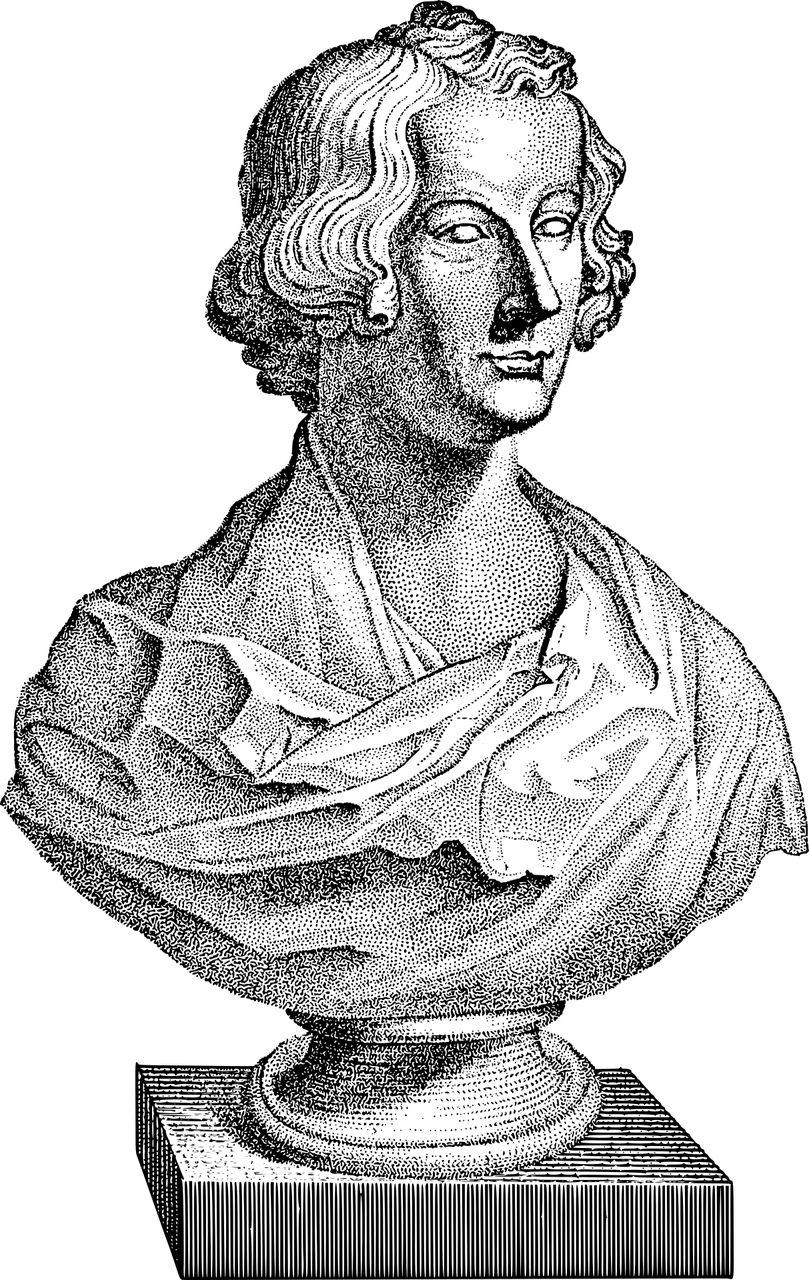
1. “The Trial”:
–
– This masterpiece follows the bewildering journey of Josef K., who finds himself entangled in a web of guilt and persecution, without even knowing his crime.
– Key themes: alienation, powerlessness, and the absurdities of the legal system.
– Featured Snippet: “Kafka’s ‘The Trial’ – A haunting exploration of guilt and the complexities of the legal system.”
2. “The Metamorphosis”:
– This novella tells the bizarre story of Gregor Samsa, who wakes up one morning transformed into a giant insect.
– Key themes: alienation, identity crisis, and the limitations of societal norms.
– Featured Snippet: “Unveiling Kafka’s ‘The Metamorphosis’ – A metamorphosis of the human condition.”
3. “The Castle”:
–
– In this unfinished novel, the protagonist K. struggles to gain access to a mysterious castle, representing a relentless search for meaning and acceptance in a bureaucratic world.
– Key themes: bureaucracy, frustration, and the quest for spiritual fulfillment.
– Featured Snippet: “Kafka’s Unfinished Masterpiece – ‘The Castle’ and the enigma of human existence.”
II. Historical Evolution of Franz Kafka’s Books:
1. Early Years and Influences:
– Kafka was born in Prague in 1883 and came from a culturally diverse background.
– Influences: existential philosophy, Jewish mysticism, and the turbulent political climate of his time.
– Featured Snippet: “The Formative Influences on Kafka’s Literary Genius.”
2. Reception and Posthumous Fame:
– Kafka’s works were largely overlooked during his lifetime, with only a few published.
– His friend, Max Brod, played a pivotal role in preserving and publishing Kafka’s manuscripts posthumously.
– Featured Snippet: “The Posthumous Rise of Kafka’s Literary Legacy.”
3. Impact on Literature and Beyond:
– Kafka’s unique writing style and thematic exploration have had a profound influence on subsequent literary movements, such as existentialism and the absurd.
– The “Kafkaesque” has become a cultural reference to describe surreal, disorienting situations.
– Featured Snippet: “Kafka’s Enduring Legacy – Beyond Literature.”
Conclusion:
Franz Kafka’s books offer an unparalleled glimpse into the complexities of the human psyche, the struggles of individual existence, and the dehumanizing effects of modern society. From his haunting novels like “The Trial” to the thought-provoking novella “The Metamorphosis,” Kafka’s works continue to resonate with audiences today. As we embark on this literary journey, let us explore the depths of Kafka’s imagination and unravel the enigmatic world he created.
if desired for the specified location within the article]

